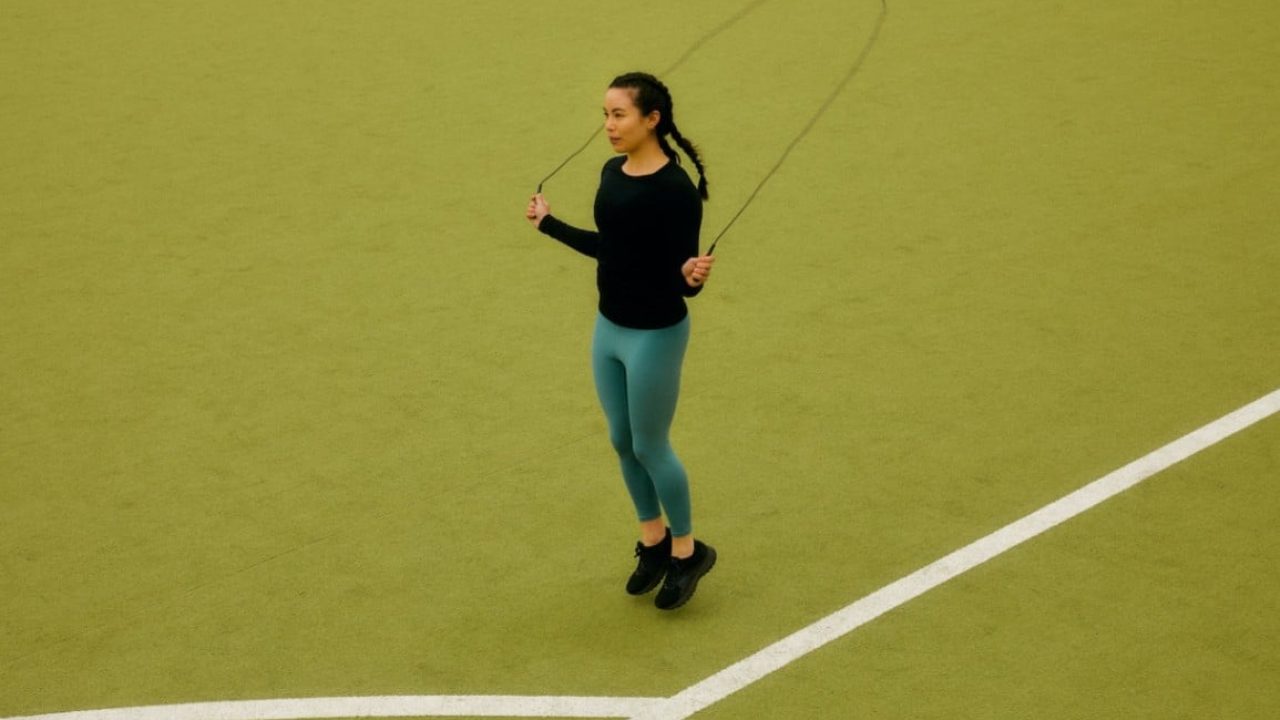Ready to take your health and wellness to the next level? Look no further than regular sports activities! Whether you’re a seasoned athlete or just starting out, engaging in sports can have a profound impact on your overall well-being. From boosting physical fitness to enhancing mental sharpness, the benefits are endless. So, if you’ve been contemplating getting involved in a sport but needed that extra push, this blog post is for you. We’ll explore the various health benefits of sports, provide tips on how to get started, delve into different types of sports available, and offer guidance on choosing the right one for you. Get ready to lace up those sneakers and dive into an incredible journey towards improved health and happiness!
Table of Contents
The Various Health Benefits of Sports
Regular sports activities offer a myriad of health benefits that extend far beyond just physical fitness. One of the most obvious advantages of engaging in sports is improved cardiovascular health. Whether it’s running, swimming, or playing basketball, these activities get your heart pumping and strengthen your cardiovascular system.
Not only does participating in sports help to keep your body in shape, but it also contributes to weight management. Sports require physical exertion, which helps burn calories and maintain a healthy weight. Additionally, regular exercise can boost metabolism and promote fat loss.
Sports are not just for building muscles; they also play a significant role in improving overall strength and endurance. Activities such as weightlifting or tennis can help increase muscle mass and enhance muscular strength. Moreover, participating in endurance-based sports like long-distance running or cycling can improve stamina levels over time.
Beyond the physical benefits, engaging in sports has been proven to have positive effects on mental well-being too. Physical activity stimulates the release of endorphins – often referred to as “feel-good” hormones – which can reduce stress levels and boost mood.
Participating in team-based sports fosters social interaction and builds strong interpersonal relationships with teammates. It provides an opportunity to meet new people who share similar interests while promoting teamwork skills and camaraderie.
Moreover, regularly engaging in sports enhances cognitive function by sharpening focus, concentration, decision-making skills, and problem-solving abilities. The mental challenges associated with different types of sports contribute positively to brain development.
So if you’re looking for an activity that combines both physical fitness benefits along with mental well-being enhancements while having fun with others – look no further than getting involved in regular sporting activities!
How to Get Started in a Sport
So, you’ve decided to get involved in a sport and reap the numerous health benefits that come with it. That’s great! But where do you start? How do you go from being a spectator to an active participant? Let’s explore some tips on how to get started in a sport.
First things first, identify your interests and passions. What kind of sports do you enjoy watching or have always been curious about? This will make the learning process more enjoyable and motivating for you.
Once you’ve narrowed down your options, it’s time to find resources and information about your chosen sport. Look for local clubs or teams that offer beginner programs or classes. These can provide structured guidance as well as opportunities to meet like-minded individuals who share your interest.
It’s also important to invest in proper gear and equipment for your chosen sport. Whether it’s protective gear like helmets or knee pads, or simply comfortable shoes and clothing, having the right equipment will not only enhance your performance but also keep you safe during training sessions or matches.
Next, set realistic goals for yourself. Start with small milestones that are achievable within a reasonable timeframe. This will help keep you motivated and give you something to work towards as you progress in your new sporting journey.
Another crucial aspect is finding a supportive community or group of people who can provide encouragement along the way. Surrounding yourself with individuals who share similar interests can greatly enhance your experience and provide valuable advice when needed.
Don’t be afraid to ask questions or seek guidance from coaches or experienced players. They have likely gone through similar experiences themselves and can offer insights into technique, strategy, and overall improvement.
Remember, getting started in a sport is all about taking that initial step forward – no matter how big or small it may seem at first. So lace up those shoes, grab that racket/club/ball (whatever applies), and embrace this exciting new chapter filled with endless possibilities!
Stay tuned for the next section where we will dive into the different types of sports and
The Different Types of Sports
When it comes to sports, the options are vast and varied. From team sports like football and basketball to individual pursuits such as swimming and running, there is something for everyone. Each sport offers its own unique set of challenges, skills, and benefits.
Team sports provide a sense of camaraderie and teamwork. You learn how to work together towards a common goal, communicate effectively with your teammates, and rely on each other’s strengths. Sports like soccer or volleyball require coordination between players, while hockey or basketball demand quick thinking and strategic decision-making.
Individual sports offer their own advantages. Running is a great way to improve cardiovascular health and build endurance. It can be done almost anywhere at any time – all you need is a good pair of shoes! Swimming provides an excellent full-body workout that is gentle on the joints.
For those who enjoy more adrenaline-pumping activities, extreme sports like rock climbing or snowboarding offer an exhilarating experience while improving strength, balance, and agility.
Choosing the right sport for yourself depends on various factors such as personal preference, fitness level situstoto, accessibility to facilities or equipment needed for the sport, Ultimately, the key is finding something you enjoy doing so that you’ll stick with it in the long run. Remember, it’s never too late to start exploring different types of sports! So lace up those sneakers or grab your gear – it’s time to get moving!
What to Consider When Choosing a Sport
When it comes to choosing a sport, there are several factors to consider. First and foremost, think about your personal interests and preferences. What activities do you enjoy? Do you prefer team sports or individual pursuits? Consider what brings you joy and excitement, as this will motivate you to stay committed in the long run.
Next, take into account your physical abilities and fitness level. Some sports require more endurance or strength than others. Assess your current fitness level and choose a sport that aligns with your capabilities. Remember, it’s important to challenge yourself but also be realistic about what you can handle.
Another crucial aspect to consider is accessibility. Is the sport easily accessible in your area? Are there facilities nearby where you can practice or compete? Accessibility is key because if the sport is too difficult to access on a regular basis, it may hinder your progress and commitment.
Additionally, think about the time commitment required for each sport. Some sports demand more time for training and competitions than others. Consider how much time you can dedicate consistently without overwhelming other aspects of your life such as work or school.
Don’t forget about safety precautions. Different sports have varying levels of inherent risk involved. Make sure to research potential injuries associated with each sport and take necessary precautions such as wearing proper protective gear.
By considering these factors – personal interest, physical ability, accessibility, time commitment, and safety – you’ll be able to make an informed decision when choosing a sport that suits both your lifestyle and goals!






